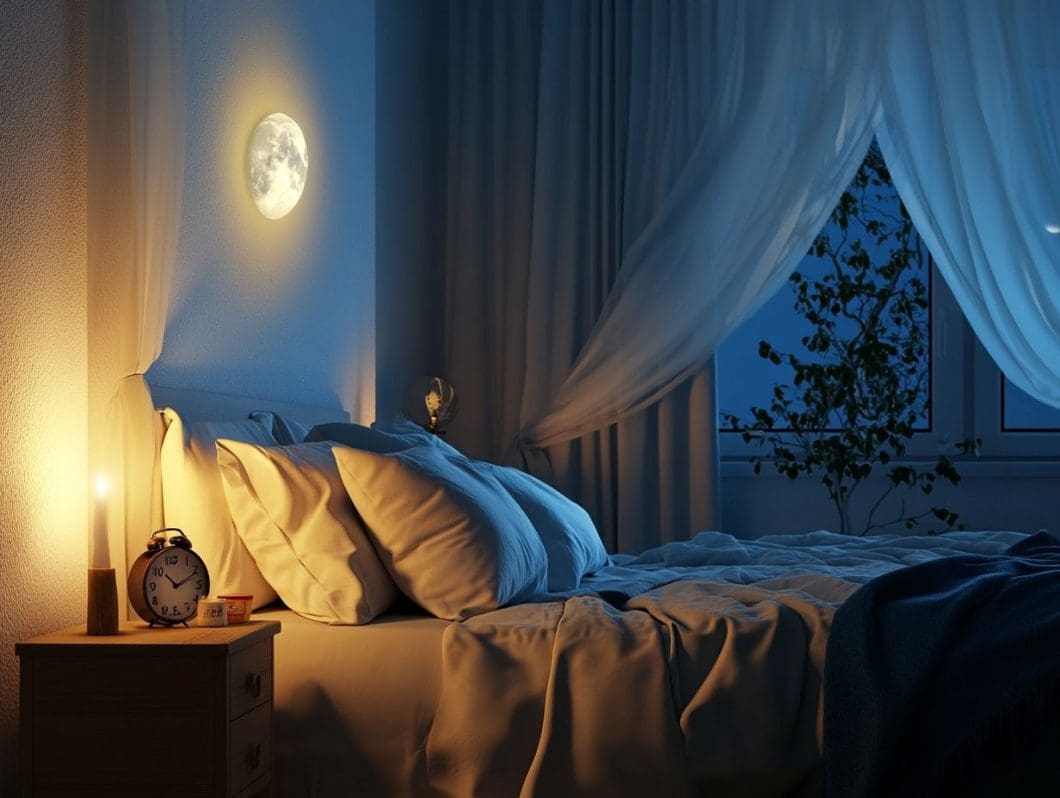In today’s fast-paced world, the concept of beauty sleep often gets overlooked, yet it plays a crucial role in our overall well-being.
This article explores the essence of beauty sleep, highlighting its benefits for your skin, hair, and mental health.
We examine the detrimental effects of sleep deprivation on appearance and provide practical tips for creating a sleep-friendly environment.
Discover how prioritizing sleep can enhance your beauty routine and boost your confidence.
Table of Contents
Key Takeaways:
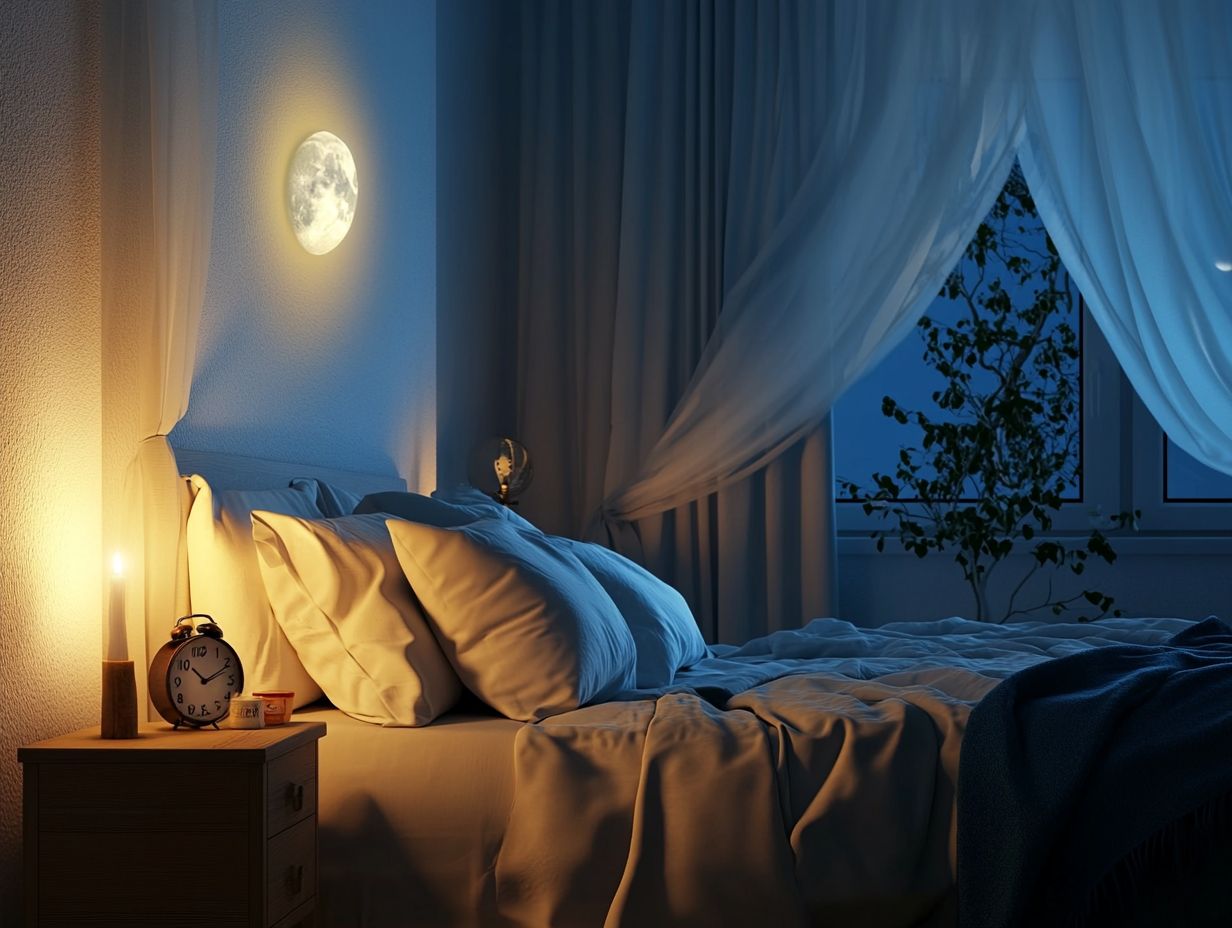
- Beauty sleep is not just a myth, it is a crucial part of maintaining physical and mental well-being.
- Lack of sleep can have negative effects on our appearance, including dull skin and hair.
- By prioritizing a sleep-friendly environment and establishing healthy sleep habits, we can maximize the benefits of beauty sleep for a more radiant and healthy appearance.
Understanding Beauty Sleep
Understanding the concept of beauty sleep is crucial for individuals seeking to achieve healthy skin and a revitalized appearance. Beauty sleep encompasses the restorative processes that transpire during sleep, facilitating the skin’s ability to repair itself from daily stressors.
High-quality sleep is essential, as it significantly influences skin health by promoting collagen production, moisture retention, and overall skin vitality. Conversely, sleep deprivation can result in various skin issues, such as fine lines, dark circles, and diminished skin elasticity, ultimately impacting one’s facial appearance and beauty regimen.
What is Beauty Sleep?
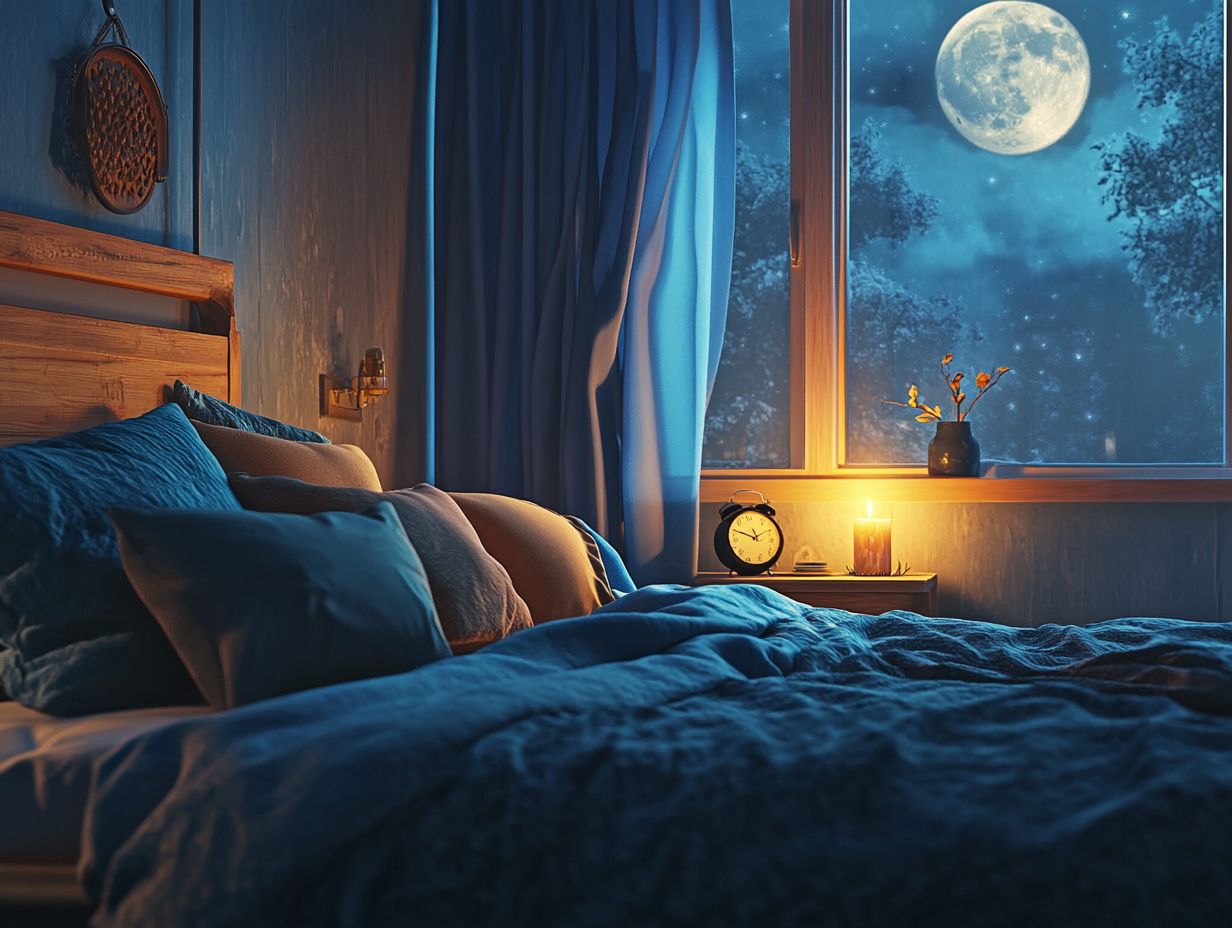
Beauty sleep refers to the restorative processes that occur during deep sleep, which are essential for maintaining skin vitality and enhancing overall appearance.
During this crucial phase, the body performs a variety of physiological functions that significantly contribute to skin health. Adequate rest fosters increased collagen production, a vital protein that provides structure and elasticity to the skin, thereby effectively reducing the appearance of fine lines and wrinkles.
Additionally, during deep sleep, blood flow to the skin is enhanced, facilitating the delivery of essential nutrients and oxygen. This rejuvenation process not only aids in repairing damage caused by environmental factors but also plays a critical role in maintaining an even skin tone and a radiant complexion. Consequently, beauty sleep is a fundamental component of any effective skincare regimen.
The Benefits of Getting Enough Sleep
Adequate sleep is vital for overall well-being, offering numerous health benefits that extend beyond merely feeling well-rested. Quality sleep plays a crucial role in skin health, facilitating effective rejuvenation and repair during the night.
Sufficient sleep enhances collagen production, supports moisture retention, and aids in recovery from environmental stressors. Furthermore, restorative sleep can slow the aging process by reducing the appearance of fine lines and dark circles, thereby promoting a radiant and glowing complexion.
Physical and Mental Health Benefits
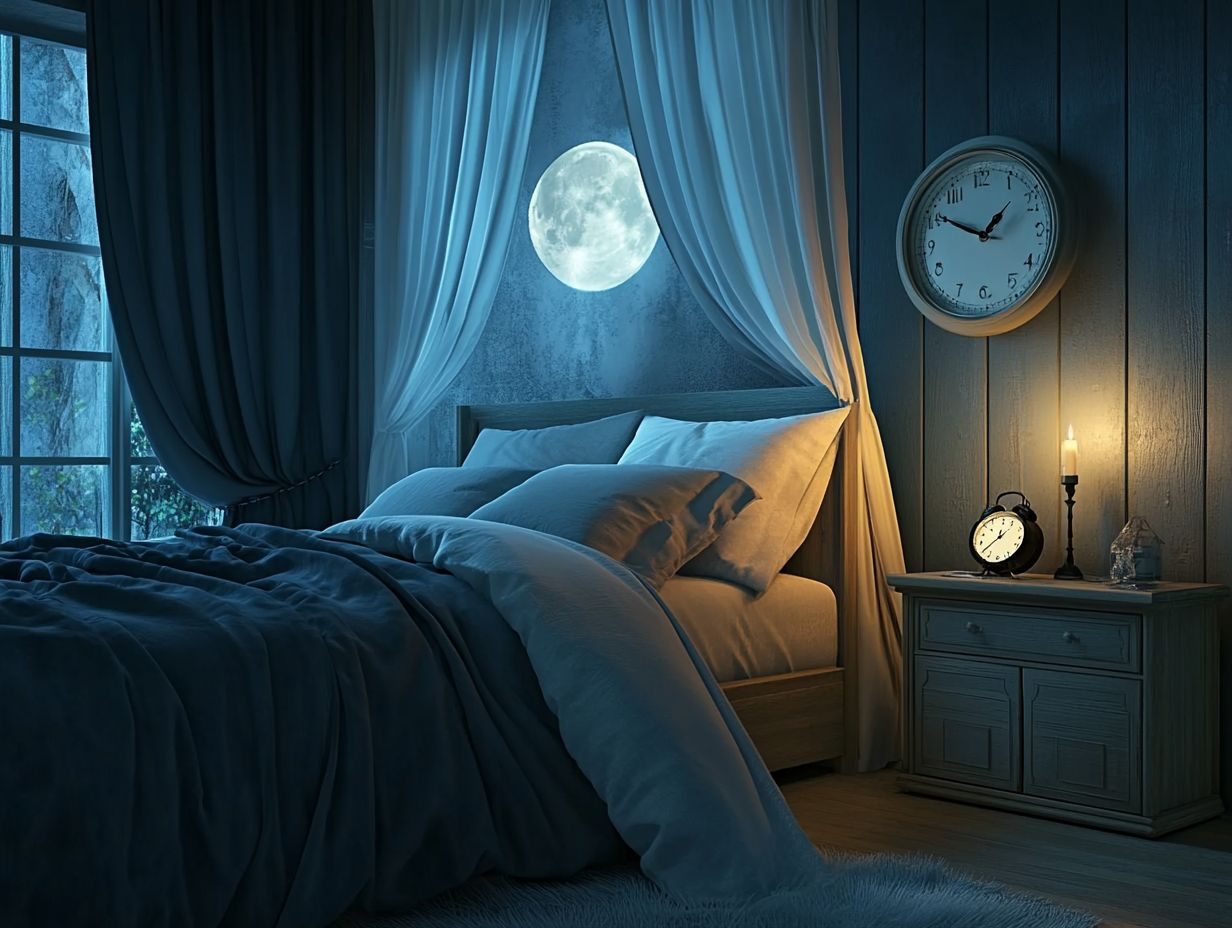
The physical and mental health benefits of adequate sleep are substantial, significantly impacting both bodily functions and cognitive processes, which are essential for maintaining optimal skin health.
Quality sleep plays a critical role in regulating hydration levels, ensuring that the body’s cells remain well-hydrated and function effectively. When individuals obtain sufficient rest, they often experience reduced inflammation and an improved immune response, both of which are vital for addressing skin conditions such as acne and premature aging.
Furthermore, adequate sleep fosters mental clarity and emotional resilience, facilitating better coping mechanisms for daily stressors. Conversely, sleep deprivation can result in elevated cortisol levels, which may further aggravate skin issues and adversely affect overall health.
In conclusion, cultivating a consistent sleep routine is an essential aspect of a comprehensive approach to well-being.
The Effects of Sleep Deprivation on Beauty
Sleep deprivation significantly impacts beauty, resulting in visible signs of aging such as fine lines, dark circles, and increased puffiness around the eyes.
When the body does not receive adequate restful sleep, there is an elevation in stress hormones, particularly cortisol, which negatively affects skin health and the integrity of the skin barrier. For more information, check out The Importance of Beauty Sleep and How to Maximize It.
These effects may manifest as reduced skin elasticity and a heightened vulnerability to skin irritation, ultimately influencing facial appearance and overall vitality.
Impact on Skin, Hair, and Overall Appearance
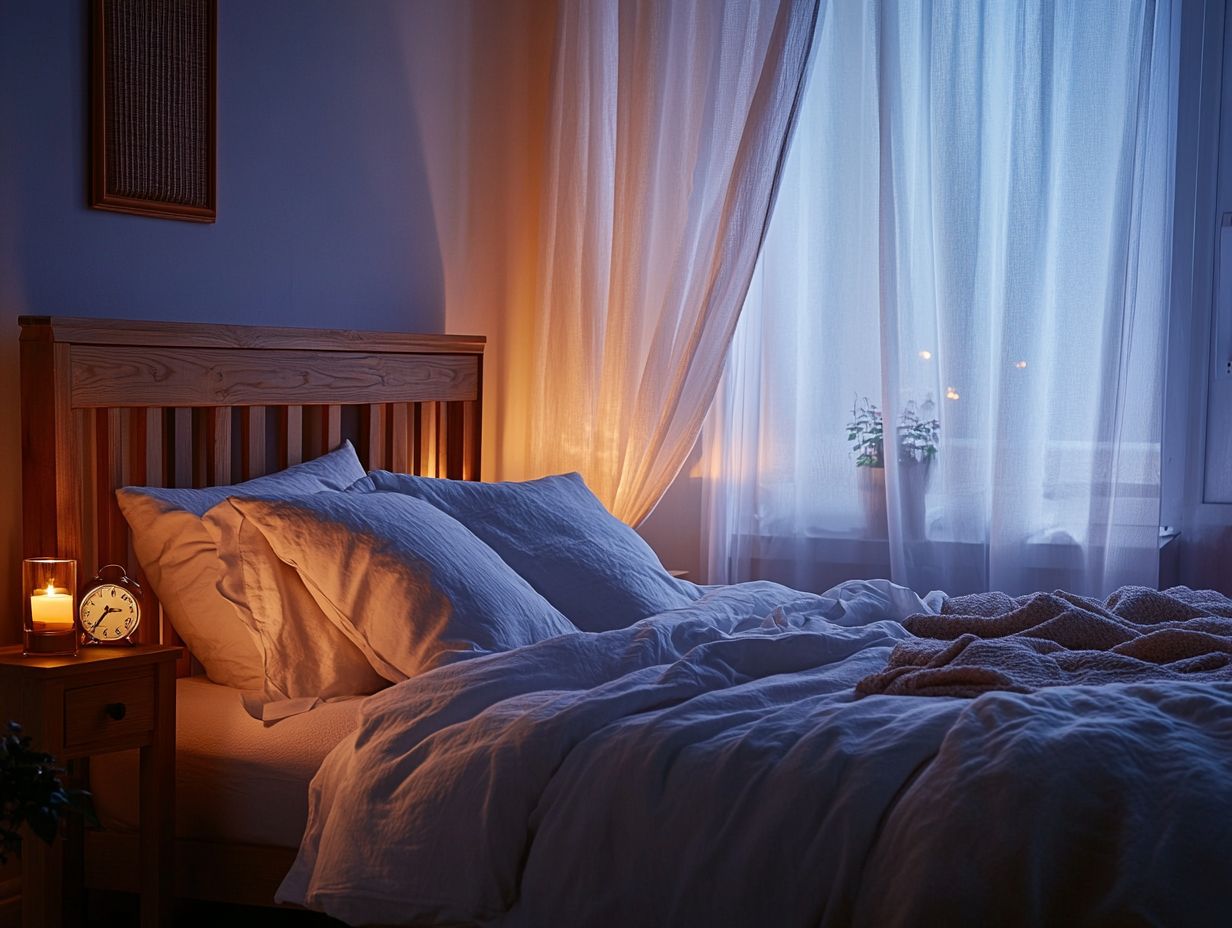
The consequences of sleep deprivation extend beyond skin health, significantly impacting hair and overall appearance, resulting in a less vibrant and youthful visage.
When consecutive nights of inadequate rest accumulate, the body’s natural processes, including skin repair and hydration, become disrupted. This disruption can lead to dryness and a dull complexion. Additionally, fine lines may become more pronounced, and hair may lose its shine and vitality, causing individuals to appear older than their actual age. This interplay of factors highlights the critical importance of restorative sleep in maintaining beauty and overall well-being.
Relying exclusively on beauty products cannot substitute for the necessity of sufficient rest. While creams and serums may assist in hydrating and rejuvenating the skin, there is no alternative to the body’s inherent capacity to repair itself during sleep. This reinforces the essential connection between beauty and restful nights.
Tips for Maximizing Beauty Sleep
Maximizing the benefits of beauty sleep entails cultivating a sleep-conducive environment and implementing effective sleep hygiene practices that enhance one’s nighttime routine.
A well-designed sleep environment minimizes disturbances, thereby promoting restful sleep, which is crucial for skin rejuvenation and overall well-being.
Additionally, incorporating an appropriate beauty regimen that focuses on hydration and skin repair can significantly augment the advantages of beauty sleep.
Creating a Sleep-Friendly Environment
Creating a sleep-friendly environment is a fundamental step in enhancing sleep hygiene, which is essential for achieving restorative sleep.
This process involves the careful selection of elements that promote relaxation and comfort. Investing in a silk pillowcase is advisable, as it not only provides a luxurious feel against the skin but also reduces friction, thereby minimizing hair breakage and preventing creases on the face.
Addressing noise levels by incorporating soft background sounds, such as white noise or calming nature sounds, can significantly enhance the quality of rest. Furthermore, regulating the room temperature is crucial; maintaining it between 60 to 67 degrees Fahrenheit is recommended by experts as optimal for restorative sleep.
By implementing these strategies, individuals can establish a tranquil nighttime atmosphere that is essential for rejuvenation and overall well-being.
Healthy Sleep Habits and Routines
Establishing healthy sleep habits and routines can significantly enhance sleep quality, which is essential for skin health and overall beauty.
A consistent nighttime regimen not only prepares the mind for restorative slumber but also creates an optimal environment for rejuvenation. Incorporating relaxation techniques such as meditation, gentle stretching, or deep-breathing exercises can further enhance this experience, allowing the body to unwind and alleviate daily stressors.
The application of targeted beauty products—ranging from nourishing moisturizers to reparative serums—can be particularly effective overnight, supporting the skin’s natural repair processes.
By aligning evening rituals with effective sleep practices, individuals can cultivate a holistic approach to wellness, thereby contributing significantly to their beauty and radiance.


